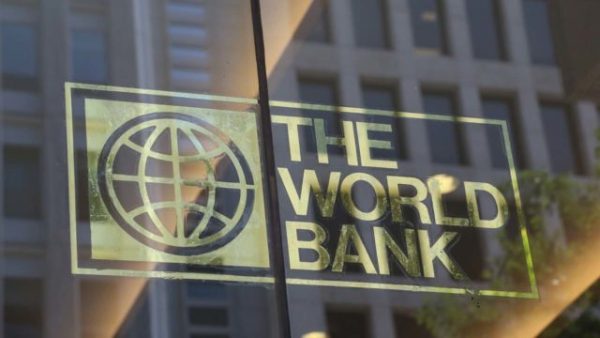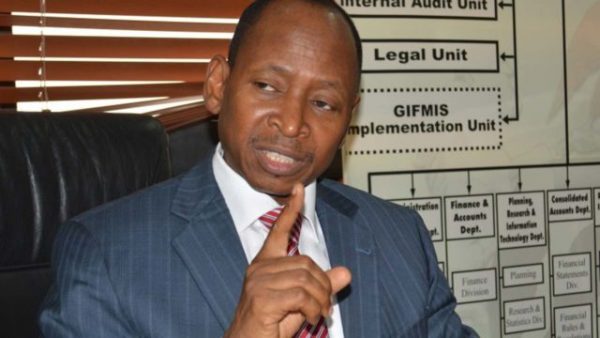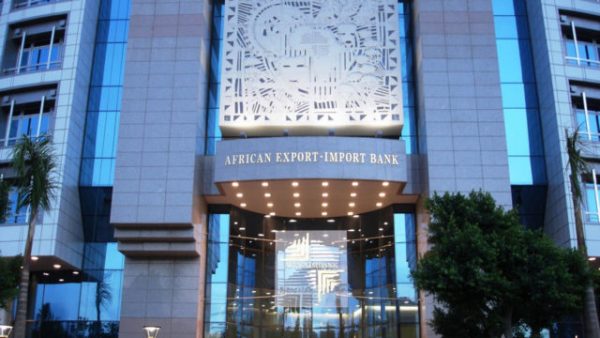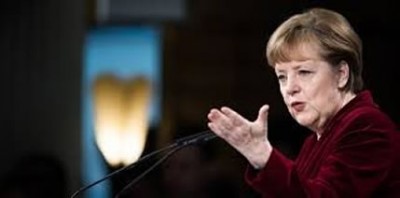Global growth slows to 2% in 2023 – World Bank
The World Bank Group President, David Malpass says global growth is expected to be weak in 2023, slowing to two per cent from 3.1 per cent in 2022.
Malpass said this in his Opening address at the ongoing Spring Meetings 2023 Media Call, a copy of which was obtained by the News Agency of Nigeria (NAN) on Monday.
He said several factors were weighing on the second-half outlook.
“Oil prices have jumped back above 80 dollars/barrel. The recent banking sector stress dampens activities and inflation pressures persist.
Malpass said the U.S. month-over-month core inflation had been rising over the last five months, saying there would be new data on Wednesday.
“If we look at developing countries excluding China, we expect a slowdown to about 3.1 per cent in 2023 from 4.1 per cent in 2022.
“It is a combination of weak investment, higher interest rates, and relatively weak growth in the advanced economies.’’
He said the danger was acute due to inflation, currency depreciation, rising debt service costs, and the collapse of international reserves.
Malpass said the diversion of natural gas to Europe presented grave obstacles to developing country production of electricity, fertiliser, and food.
“These problems are severely constraining future growth and deepening inequality and fragility for developing countries.
“I travelled to West Africa in March, where we are working to provide support in the face of these problems.
“Looking at the big picture, I will mention two problems, first, the normalisation of interest rates after an artificial decade near zero.
He said this created problems in terms of the duration mismatch seen in the bank failures, liquidity shortages, and how to allocate the losses.
“The duration mismatch will take time to digest. With inflation persistent and the dollar weakening, the risk is that the losses will be allocated to those with lower incomes, including through inflation.’’
Malpass said the second major problem was that the available global capital was being absorbed by a narrow group of advanced economies that have extremely high government debt levels.
“I will call them sinkholes. To make matters worse, their populations are ageing rapidly and the peace dividend of the 1990s was used up.’’
He said he had advocated a range of new policies that would spur production to combat inflation and currency weakness.
“However, the likelihood is a long period of slow growth, asset reprising, and capital moving in the wrong direction.
“Moving toward a narrow group of governments and big corporations rather than to the small businesses and working capital that could add to global growth.’’
Malpass said two exceptions to the slowdown included China and India.








